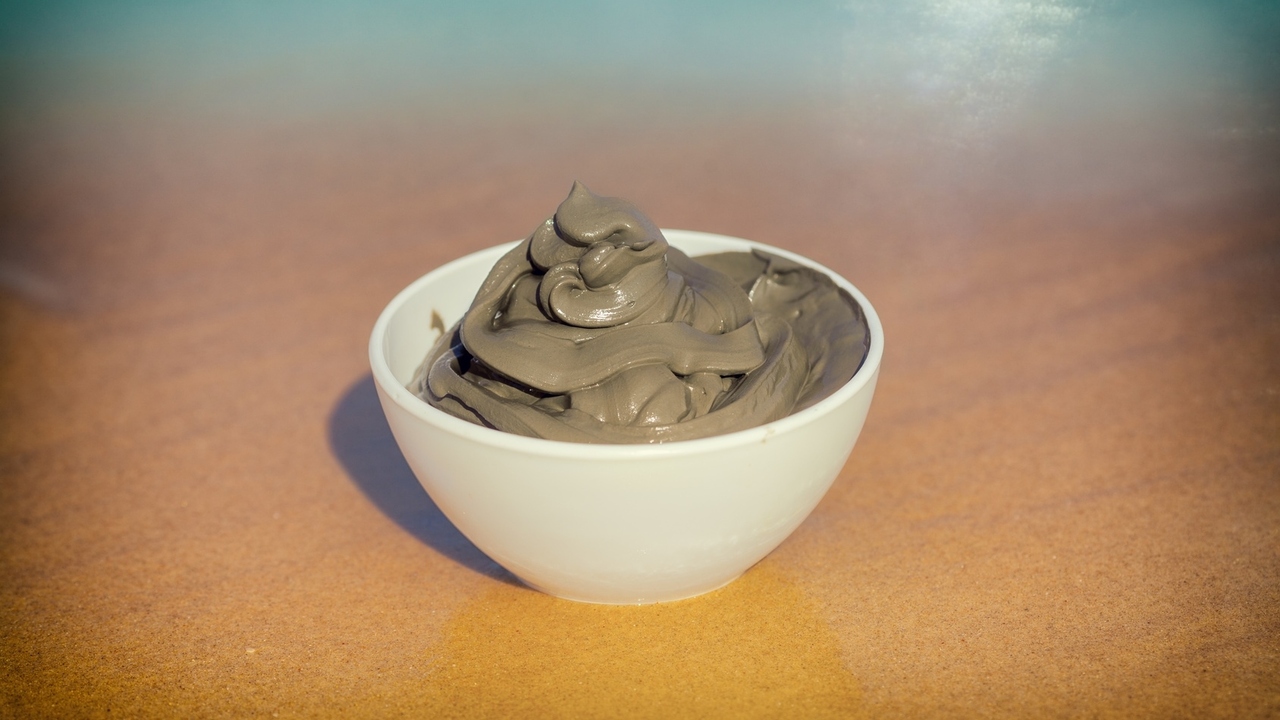 iStockphoto/Thinkstock
iStockphoto/Thinkstock
Grandma will probably tell you it’s one of the simplest digestive aids ever: cinnamon.
You can sprinkle it on your morning latte and oatmeal, or save it for later to add spice to your soup or stew. And cinnamon-covered almonds -- Now you’re talking.
Fragrant and comforting, cinnamon has a long history in folk and traditional medicine for those seeking a digestive aid. From cinnamon bark comes not just the powder displayed in your spice rack, but also sticks, capsules, teas and liquid extracts.
The two more familiar types of cinnamon to Americans are Ceylon cinnamon and cassia, or Chinese, cinnamon. According to the National Center for Complementary and Alternative Medicine (NCCAM) the latter type contains coumarin, the parent compound of warfarin, a medication used to keep blood from clotting,
Cinnamon is also said to be high in the antioxidant polyphenol, along with providing the minerals manganese (iron and calcium).
A recent column in the San Diego Union-Tribune noted that cinnamon has properties that can provide relief for indigestion, flatulence, heartburn, nausea and stomach cramps.
Registered dietitian Halle Elbling from Palomar Pomerado Health Centers in San Diego offers several suggestions for incorporating cinnamon into a healthy diet. Add it to a smoothie, applesauce, yogurt, hot chocolate, low-fat pudding, curry dishes and marinades, among other ideas.
Elbling also mentions cinnamon’s anti-inflammatory properties.
Its use in reducing muscle pain, arthritis and any inflammation in the digestive tract gets a thumbs-up from the DrWeil.com website, an authority on alternative health practices. A list of essential spices on the food pyramid for Dr. Weil’s “Anti-Inflammatory Diet” includes cinnamon.
NCCAM says that although cinnamon can’t replace modern health care for the various conditions it has been touted for, it does appear to be safe for most people when taken by mouth in amounts up to six grams daily, for six weeks or less. Watch out for allergies to cinnamon, however.
Regarding the long-held belief that cinnamon can lower blood sugar in those with type 2 (adult-onset) diabetes, the research is mixed. In fact, WebMD says in an article titled “Cinnamon and Diabetes” that the American Diabetes Association views cinnamon as having no place in a diabetic’s treatment.
As the DrWeil.com site pointed out, when the journal Diabetes Care published an analysis of cinnamon research in 2008, it found no compelling evidence for improvements in blood sugar when taking cinnamon supplements. Further commenting in a question-and-answer column, Dr. Andrew Weil says, “Because cinnamon is safe and easily added to the diet, I would still recommend it to those with type 2 diabetes while we wait for more data.”
The consensus remains strong, though, for using cinnamon as a general digestive aid. Certainly, it does no harm to reevaluate some of your favorite meals, beverages and recipes to see whether a dash of cinnamon might add a dash of digestive health benefits.
Sources:
“Q & A Library: Cinnamon for Diabetes?” DrWeil.com. Web. 28 March 2012.
http://www.drweil.com/drw/u/QAA400710/Cinnamon-for-Diabetes.html
“Herbs at a glance: Cinnamon.” National Center for Complementary and Alternative Medicine. Web. 28 March 2012.
http://nccam.nih.gov/health/cinnamon
“Cinnamon and Diabetes.” WebMD. Web. 28 March 2012.
http://diabetes.webmd.com/cinnamon-and-benefits-for-diabetes
“Add Spice to Diet with a Healthy Dash of Cinnamon.” U-T San Diego. Web. 28 March 2012.
http://www.utsandiego.com/news/2012/feb/28/tp-add-spice-to-diet-with-a-healthy-dash-of
Reviewed March 29, 2012
by Michele Blacksberg RN
Edited by Jessica Obert






Add a Comment2 Comments
Chew, chew and chew some more. Digestion starts in the mouth. Food has to be well broken down to be properly absorbed and there are no teeth in your stomach.
May 4, 2013 - 10:22amSource: http://www.healthplace.com/tips-for-good-digestion/
This Comment
I luv cinnamon and have found that it helps balancing my blood sugar levels. In the past I experienced severe hypoglycemia and can say that by adding cinnamon to my food (specially to those carbohydrate and/or sugar rich foods), I could feel the difference. Another digestive aid I always try to keep handy is papaya... it works wonders after meals! Kiwis also have demonstrated to enhance digestion thanks to all the enzymes they contain. Digestive enzymes are key to promote health in so many ways - and you may see why at digestive enzymes.
May 28, 2012 - 3:58pmThis Comment